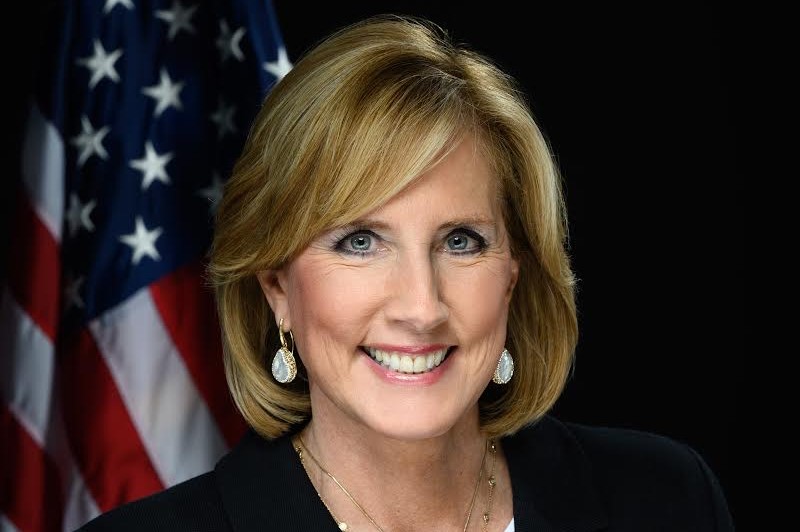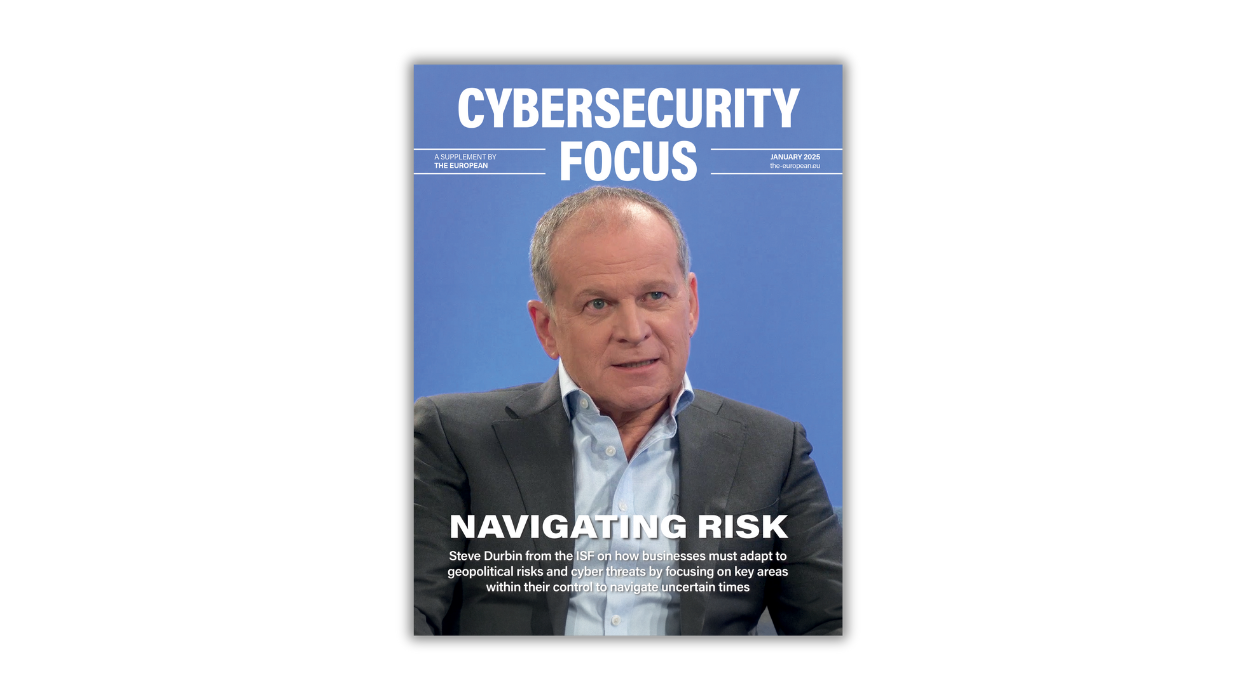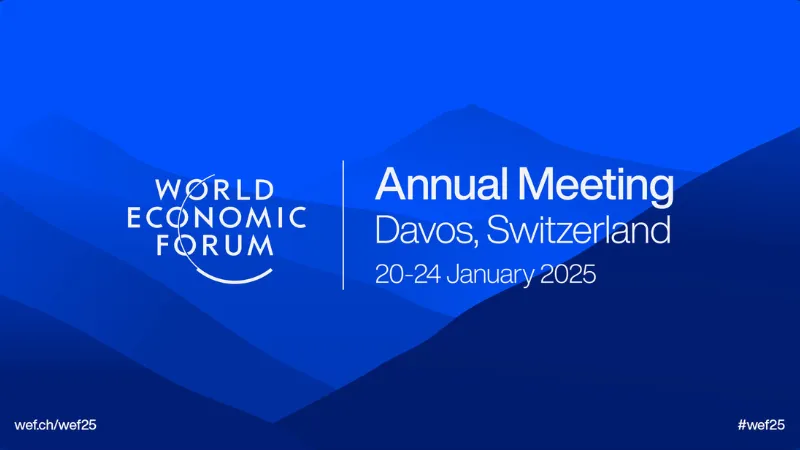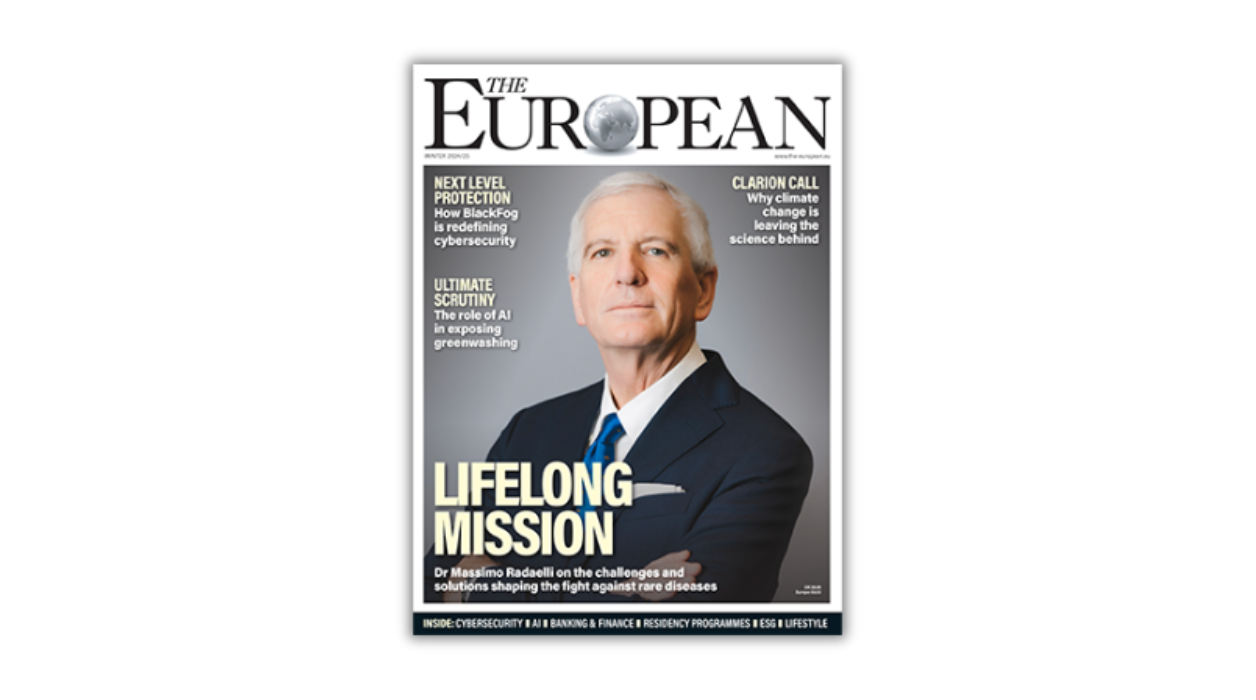Post-pandemic leadership and the imperative for change

John E. Kaye

In transformative times, the onus is on business leaders to foster a flexible, creative culture that connects employees’ day-to-day with the strategy behind it, says Flavia Colombo of HubSpot
In the aftermath of the unprecedented global pandemic, the UK business sector finds itself at a crossroads – in more ways than one. Recent events have profoundly impacted the way businesses operate and think. The very foundations upon which most enterprises were established have undergone significant shifts. This has led to a period of introspection for many business leaders, prompting them to reevaluate their strategies, adapt to a new normal, and innovate to ensure their survival and growth in this rapidly changing landscape. Yes, there are changes – but there are also opportunities for those willing to embrace them and look to the future with a renewed sense of purpose and adaptability.
The new work paradigm: Flexibility and balance
The pandemic didn’t merely tweak the concept of “work”; it blasted it into a new dimension. Gone are the days of drab office cubicles and the monotonous 9-to-5 treadmill. We’re now riding a wave of vibrant flexibility, where balance isn’t just a trend – it’s the new norm. Employees? They’re not just asking for change; they’re leading the charge. They’re championing a world where freedom at work isn’t a luxury – it’s a right.
But let’s get something straight: this isn’t just a shift towards cushy chairs at home and lunch break yoga. It’s about fuelling mental resilience, supercharging productivity, and casting a net into the rich seas of global talent. Those age-old geographical fences that once dictated hiring? They’ve been bulldozed. Businesses are no longer fishing in local ponds; they’re trawling international waters, reeling in the best and brightest from anywhere and everywhere.
This movement isn’t a fleeting blip on the radar, it’s the comet everyone’s watching. The bedrock of this new world order is trust in your employees. They’re not just names on a payroll, they’re the heartbeat of your enterprise and critical to its future success. Make no mistake, this journey is reshaping the very core of work as we know it.
Bridging the gap: Strategy vs. execution
Strategies are not just compasses; they’re the engine that propels businesses forward. But here’s the kicker: what good is the world’s best compass if don’t set your course by it? The ever-expanding gap between meticulous planning and fierce execution is more than just concerning – it’s a deafening alarm bell. Those grandiose visions will only live on as boardroom slides if a plan doesn’t bring them to life.
What’s the underlying issue if we dig deeper? Time and again, it’s the disconnect of the upper echelons from real-world operations – over half of marketing, sales and customer experience managers said they’re forced to execute strategies they had no say in. Strategies shouldn’t be static blueprints gathering dust, they must be vibrant, and flexible, and act as a weapon for management to unleash.
Ignite a culture where collaboration isn’t a buzzword – it’s the lifeblood. Pull those mid-level managers right into the heart of strategy creation. Why? Their boots-on-the-ground insights are nothing short of treasure troves. And a heads up: in this turbo-charged era, agility isn’t just nice to have – it’s the name of the game. Be prepared to adapt.
Creativity amidst austerity: The need to innovate
In the face of economic downturns, many businesses stick to what’s tried and tested. As budgets shrink, it’s all too common for creativity to be the first on the chopping block. However, this mindset is fundamentally flawed. When the going gets tough, that’s precisely when innovation should be at the forefront. It’s not just about staying afloat, it’s about standing out. This is even more important given, almost two-thirds of marketing, sales and customer experience managers would change roles for better learning and development.
Dismissing creativity as a luxury is a grave mistake. It’s not just an accessory to your business – in many cases it’s the lifeblood. Challenge your teams to not just think, but to reimagine. Dive deep into brainstorming sessions and allocate resources to research and development, cultivating an environment where creativity is a celebrated event, a rewarded effort, and the driving force behind every success.

AI: A double-edged sword
Across the globe, AI is not just revolutionising industries – it’s redefining them. From the automation of the most tedious tasks to providing unparalleled data-driven insights, the scope of AI’s capabilities is simply thrilling. But, as the saying goes, with monumental power comes monumental responsibility – and a healthy dose of apprehension. The looming shadows of job redundancy, nagging doubts about accuracy, and ethical quandaries cannot be ignored.
But AI isn’t a looming threat, it’s an empowering partner. Its purpose? To enhance and elevate, not to usurp. Over three-quarters of managers across marketing (80%), sales (79%), and customer experience (82%) have used AI in their roles in the past year. The majority of managers (88% in marketing, 87% in sales, 92% in customer experience) endorse its effectiveness and its usage is projected to increase.
Open dialogue is your most potent tool. Break down the mystique surrounding AI for your teams. Illuminate its myriad benefits, champion continuous training, and confront concerns. As AI becomes an integral part of your strategy, let ethical considerations be your compass. Insist on transparent algorithms and an unyielding commitment to privacy. Dive headfirst into the AI wave, but do so with eyes wide open.
Upskilling vs. new hiring: A delicate balance
In today’s fast-paced world, technology is advancing at an unprecedented rate, leading to a seismic shift in the skills landscape. What was considered cutting-edge expertise just ten years ago might now be gathering dust in the annals of history. This rapid change thrusts a pressing question upon businesses: should they focus on upskilling their current workforce, or should they be on the hunt for fresh, new talent equipped with the latest skills?
Both come with their own set of advantages. On the one hand, long-standing employees possess a deep understanding of the company’s ethos, its history, and its intricacies. Their institutional knowledge is irreplaceable. On the other hand, bringing in new blood can infuse the organisation with innovative ideas, fresh energy, and a different way of looking at challenges. In fact, the allure of enhanced learning and career growth opportunities, coupled with a healthier work-life balance, is tempting over 60% of managers – 60% in marketing and sales, and 64% in customer experience – to explore alternative options.
This isn’t a black-and-white decision. It’s about striking the right equilibrium. Pour resources into continuous learning initiatives. Champion the cause of upskilling and reskilling within your teams. At the same time, always keep the doors open for new talent. Embrace diversity, not just in skills, but also in thought processes and viewpoints. Foster a corporate culture where learning isn’t just an event, but an ongoing journey.
The future of business is not just about embracing change – it’s about leading it. As we navigate these transformative times, the onus is on leaders to foster a flexible, creative culture that connects employees’ day-to-day with the strategy behind it to ensure their business thrives.
About the Author

Flavia Colombo is Country Manager UK and Ireland at HubSpot.
RECENT ARTICLES
-
 Managing cross-border risks in B2B e-commerce
Managing cross-border risks in B2B e-commerce -
 Research highlights rise of 'solopreneurs' as technology reshapes small business ownership
Research highlights rise of 'solopreneurs' as technology reshapes small business ownership -
 Human resources at the centre of organisational transformation
Human resources at the centre of organisational transformation -
 UK government sets up Women in Tech taskforce amid gender imbalance concerns
UK government sets up Women in Tech taskforce amid gender imbalance concerns -
 Liechtenstein lands AAA rating again as PM hails “exceptional stability”
Liechtenstein lands AAA rating again as PM hails “exceptional stability” -
 The Parisian business school quietly reinventing the MBA
The Parisian business school quietly reinventing the MBA -
 UK entrepreneur who founded £1bn firm acquires UAE amateur golf leader to launch world amateur Super League
UK entrepreneur who founded £1bn firm acquires UAE amateur golf leader to launch world amateur Super League -
 Why your home is the best place to teach children leadership
Why your home is the best place to teach children leadership -
 Inside the Spring 2025 Edition of The European
Inside the Spring 2025 Edition of The European -
 The Paris MBA designed for real-world leadership
The Paris MBA designed for real-world leadership -
 Soft2Bet reflects on eight years of leadership and philanthropy in new film featuring CEO Uri Poliavich
Soft2Bet reflects on eight years of leadership and philanthropy in new film featuring CEO Uri Poliavich -
 Global Banking School celebrates ‘milestone’ anniversary
Global Banking School celebrates ‘milestone’ anniversary -
 Saudi Arabia hosts the fourth Riyadh International Humanitarian Forum
Saudi Arabia hosts the fourth Riyadh International Humanitarian Forum -
 New York Congresswoman pushes for Trump’s birthday to be enshrined as federal holiday
New York Congresswoman pushes for Trump’s birthday to be enshrined as federal holiday -
 Red light, green bite: Netflix restaurant opens in Vegas
Red light, green bite: Netflix restaurant opens in Vegas -
 Read our Cybersecurity Focus supplement, featuring insights from Information Security Forum
Read our Cybersecurity Focus supplement, featuring insights from Information Security Forum -
 Davos World Economic Forum 2025: Collaboration for the Intelligent Age
Davos World Economic Forum 2025: Collaboration for the Intelligent Age -
 The European releases its Winter 2024/25 edition
The European releases its Winter 2024/25 edition -
 Read our FDI Focus supplement, featuring insights from Michael Lohan of IDA Ireland
Read our FDI Focus supplement, featuring insights from Michael Lohan of IDA Ireland -
 PizzaExpress to Expand Dough Base Stateside
PizzaExpress to Expand Dough Base Stateside -
 The two core skills middle managers need to navigate stormy weather
The two core skills middle managers need to navigate stormy weather -
 The Role of Financial Regulations in the Online Casino Industry
The Role of Financial Regulations in the Online Casino Industry -
 How to become a game-changer
How to become a game-changer -
 Taking the risk out of BOP ventures
Taking the risk out of BOP ventures -
 Releaf leading the way with marketing
Releaf leading the way with marketing



























